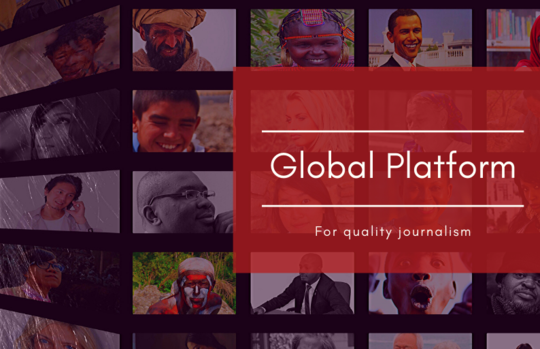The International Labour Organization itself has already produced a number of studies reflecting the impact of this crisis on women workers.
It is of fundamental importance that we stand up for urgent support measures for media professionals, but that we also need to ensure that there are some prerequisites for benefiting from such support measures, such as the respect for social dialogue and trade union rights; the prohibition of dismissals if the company makes a profit; the transparency of annual accounts; the prohibition for companies that have received funding to engage in mergers and acquisitions or leveraged buy-out activity that would result in job cuts or wage reductions.
My particular intervention, during the IFJ’s discussion of its Global Platform for Quality Journalism, had to do with the precondition of diversity and equality for media to receive support, suggesting the verb «promoted» would be replaced by a stronger one: «demanded».
Words make a difference and suggesting is not enough anymore, it’s time to demand and make sure things change. Journalism plays an important role in transforming societies.
The prevalence of pay inequity and unfair recruitment practices in many parts of the media industry across Europe demands we act.
The growing scandal around unequal pay and the gender pay gap across Europe, especially in the UK, demands we act.
Words and studies are not enough to fight gender inequalities in media, we have also to campaign to end discrimination in pay and opportunities for women journalists, to lobby for greater transparency amongst media organisations and to commit our unions to action plans to tackle discrimination at work.

